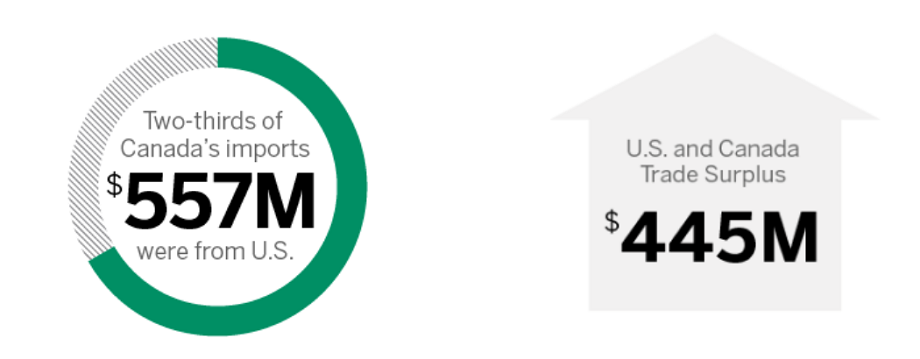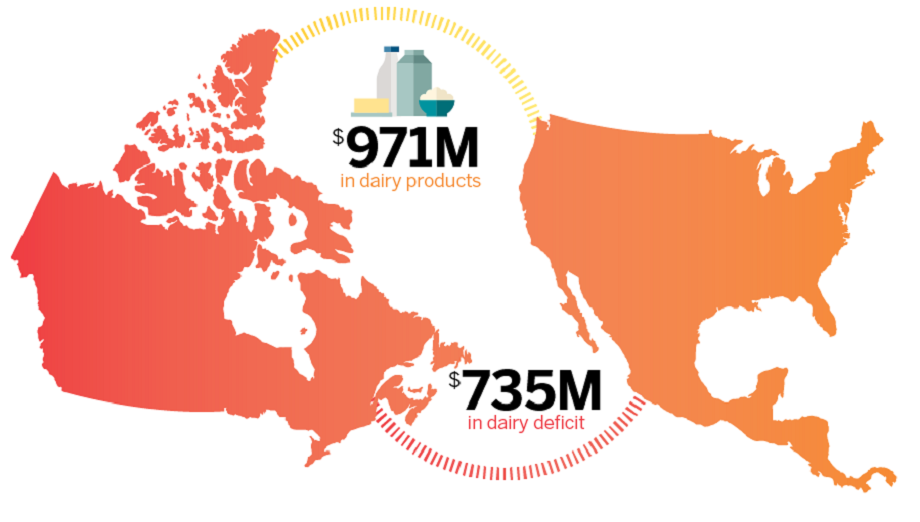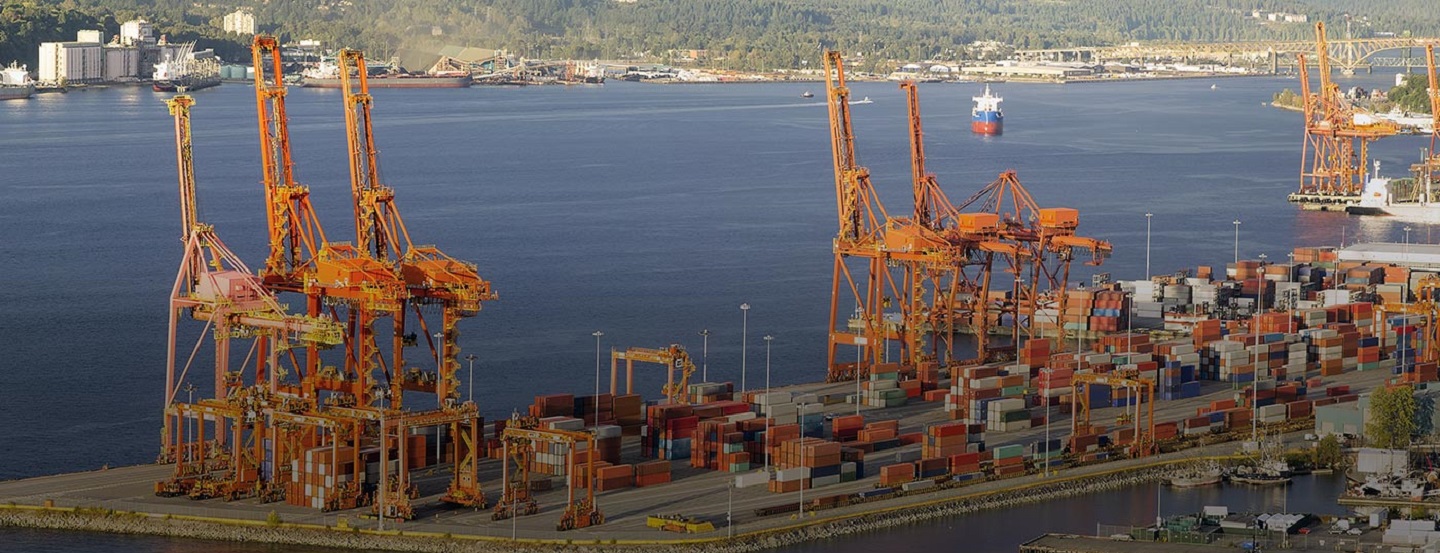“Dairy farmers should not have their businesses ruined and lives upended as a result of this unfair trade practice,” the letter states. “Canada must be clearly and swiftly reminded in a concrete way that dependable trading conditions between our two countries are critically important as well.”
The issue received international attention when in the same month, Wisconsin-based Grassland Dairy Products notified 75 U.S. dairy farmers that they wouldn’t buy their milk products any longer.
This prompted U.S. President Donald Trump, in a speech in Wisconsin, to say that he was going to stand up for American dairy farmers.
“In Canada, some very unfair things have happened to our dairy farmers,” the U.S. President told a Wisconsin crowd in April. “What’s happened to you is very unfair. It’s another typical one-sided deal against the U.S. and it’s not going to be happening for long.”
A week later, the president tweeted, “Canada has made business for our dairy farmers in Wisconsin and other border states very difficult. We will not stand for this. Watch!”
According to the Dairy Farmers of Canada, blaming Canada for the situation south of the border is in a word, wrong.
“At the root of the American dairy sector’s argument is the recent implementation of a new class of milk (Class 7) in Canada,” Isabelle Bouchard, DFC Director of Communications and Government Relations declared in an April 7 blog post. “Despite what has been said by the American dairy sector, Class 7 is a domestic policy, the sole purpose of which is to allow the Canadian dairy sector to be able to respond to a changing Canadian market environment. To be clear: the implementation of Class 7 does not block imports, or restrict American access to the Canadian market—Canadian businesses are still free to choose their own suppliers, just like American companies do.”








